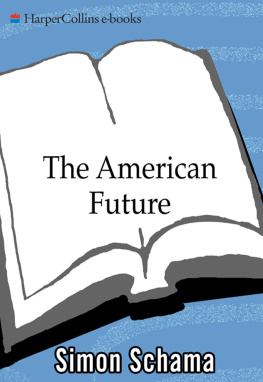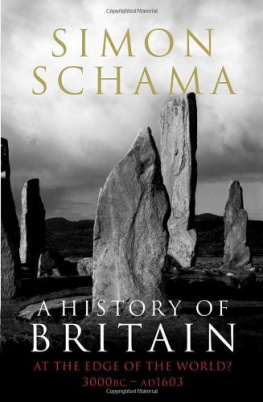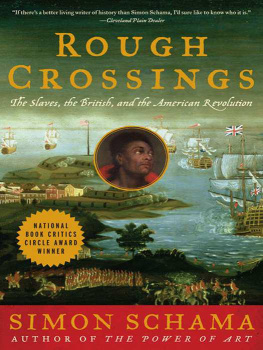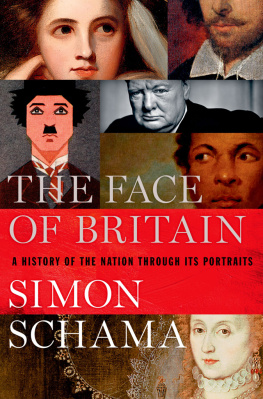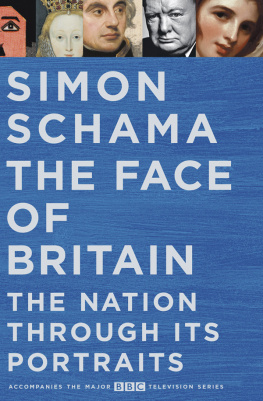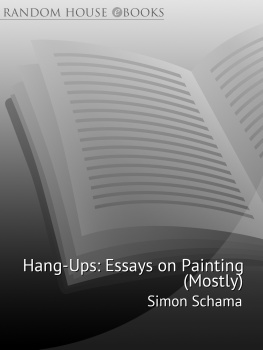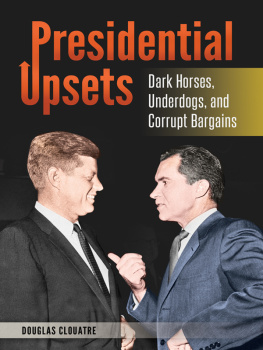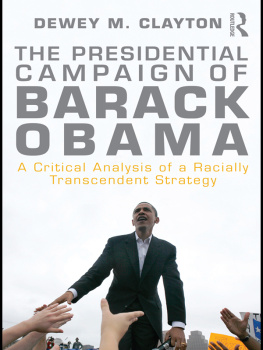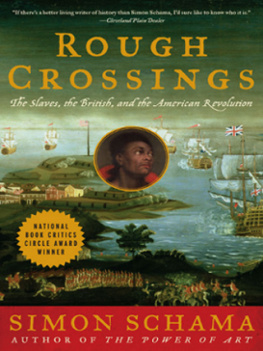IOWA WALTZ
I can tell you exactly, give or take a minute or two, when American democracy came back from the dead because I was there: 7:15 p.m. Central Time, 3 January 2008, Precinct 53, Theodore Roosevelt High. I know this as I was regularly checking my watch, and besides you couldnt miss the schoolroom clock, its old white face the object of generations of teenage hatred and longing. I suppose a visitor from another worldLondon, saymight have thought there was not all that much going on in west Des Moines that evening. Minivans were pulling into the Kum & Go at the usual clip; burly men bulked up by their down jackets were stamping their feet as they fed fuel pumps to their tanks. Bags of salt were being lugged over the forecourt, the plastic gleaming in the sour orange light. After many months of maneuvering and talky self-promotion, it was time for the Iowa voters to offer judgment on who they thought should be the forty-fourth president of the United States. They would, the media hacks opined, winnow the field, and Iowans are partial to a good winnow.
But it wasnt as if a sign was hanging from the steely sky reading HISTORIC DAY. The sidewalks werent carpeted with discarded election flyers, nor was every third downtown store window screaming HUCKABEE at you! No one that I heard was Honking for Hillary. In a couple of days of steady driving around Des Moines, the only street corner placard-waver we could find was a solitary devotee of the libertarian Ron Paul, gaunt and hairy like a midwinter John the Baptist crying his hero up in a downtown wilderness. Every so often a car would toot and the Pauline would wave his banner, and then put it down for a moment so he could clap his arms around his chest. Then hed jump up and down a bit to keep his spirits up and the blood in his brain from going gelid.
So even though a lot of happy were in the limelight waving to out-of-towners was going on from behind car windows, maybe Iowa was just too frigid for vote-hustling. So I said to Jack Judge, our crew driver, while the cameramen and director were off on the far side of the highway getting windburn as they took pretty shots of frozen corn stubble: Its big, Jack, right? Jack took off his beanie, pushed the mop of steel-gray hair back from his creased brow, held up the glasses he kept on a cord round his neck, gave them a big haah of steaming breath, wiped them with a Kleenex, and pronounced, Way big. Jack was definitely someone to ask, seeing as hed been a bit of a pol himself. A farm boy from Melrose, fifty miles downstate, he had had some fast growing up to do after his daddy lost his fingers in an accident with a combine. Jack had tended to the hogs, sheep, and chickens, picked the corn and beans by hand, and cut his own standing timber into fences, as best he could. We had runnin water, he chuckled, the kind you had to run to fetch with a bucket. He was seventy-three now but still grittily handsome, and you only had to take a look at his open face to see a man who would do right by his family and his neighbors.
Then, in the spring of 1960, a young Boston-Irish senator came through Melrose, which was nowhere in particular but which pointed north toward Des Moines. The senator stopped long enough at a coffee shop for Jack to get a good look and take in the glamorously tousled hair, the winning freckles, the stream of wisecracks, and the merry mugging for the cameras. Surrounding Kennedy were fast-talkers in snap-brim hats, pulling anxiously on cigarettes while they shook the papers open or pushed coins into pay phones. The candidate had put in a lot of Iowa miles already, but in Melrose he poured on the happy-go-lucky like it was maple syrup on a short stack, and Jack Judge just spooned it up, signing on right there and then for the campaign. Though the senators staccato short a s made it seem sometimes like he wasnt speaking English at all, leastways not the kind Jack was used to, there was no mistaking his smarts nor his appetite for action and power, which, in the normal way of things, would have raised Jacks eyebrows but for some reason this time didnt.
The Judges had all been Democrats as long as anyone could recall, raised and schooled in old-fashioned Midwest populism, the kind of country preacher-man politics that was unafraid to blame metropolitan money for small-town hardships. Nor, since it was the countrys breadbasket, were they bashful about expecting the government to tide them over the rough patches with a few favors: low-rate loans, decent prices for their corn and livestock, secure markets. They were alright with the assumption that the nominee was bound to come from a quite different world just so long as he made some effort to understand theirs: the raw-knuckle mornings before dawn, the sinking misery of drought as sparse leaves on the corn stalks drooped and withered to papery rags, the heaviness of knowing theyd have to have a meeting with the bank manager before fall. For all his long cigarette holders and silky elegance, FDR had looked out for them, that much had been obvious from the AAA (Agricultural Adjustment Administration), and Harry Truman from Missouri was close to being one of them. They had wanted to feel good about Adlai Stevenson, him being from Illinois, but Adlai had reveled in his Princeton eggheadedness in such a superior way that he had proved a tough sell, especially against the war hero Ike. The thing about Kennedy, who was no less urbane than Stevenson, was his trick of making the cleverness seem down-home smart, the cocky high-school kid who could debate on Thursday and quarterback on Friday. So no one took against his can-do cheeriness, especially not when he sat down and listened to their stories of tough times and when he promised to do what he could to help them hang on to their family farms. Sure, all politicians talked that way when they were rustling up votes, but this one seemed in earnest. And he smelled, a little, of money himself, to which no one had much objection.
So Jack Judge went to work as a Kennedy campaigner and drove his battered pickup round the pothole-happy backroads to Moravia and Promise City, to Mystic and Plano, stumping for the Catholic Bostonian who was still reckoned a dark horse against Vice President Nixon. Jack listened to a whole lot of righteous bellyaching about how no one could afford a tractor now that they cost so much and how you couldnt make a go of it with less than a thousand acres, so that it was just a matter of time before theyd have to say yes to one of the big agribusinesses hungry for land. And Jack understood that people who were too proud to come right out and ask for help from the government were in bad enough shape that they wanted to hear it was on offer anyway. So he gave them a little something to hang on to: the hope that there might be someone in Washington who would pay some heed. And Jack Judge was so good at listening and knowing what to say in a neighborly way, that people started to trust him, and as the years went on, they would come up to him in seed stores and wonder out loud why in the world he wouldnt run for something himself. After years of self-effacing hemming and hawing, Jack eventually came around to their point of view and ran for office in the small way that makes democracy real, spending sixty-five dollars on Vote Judge signs and getting elected to chair the city council.

